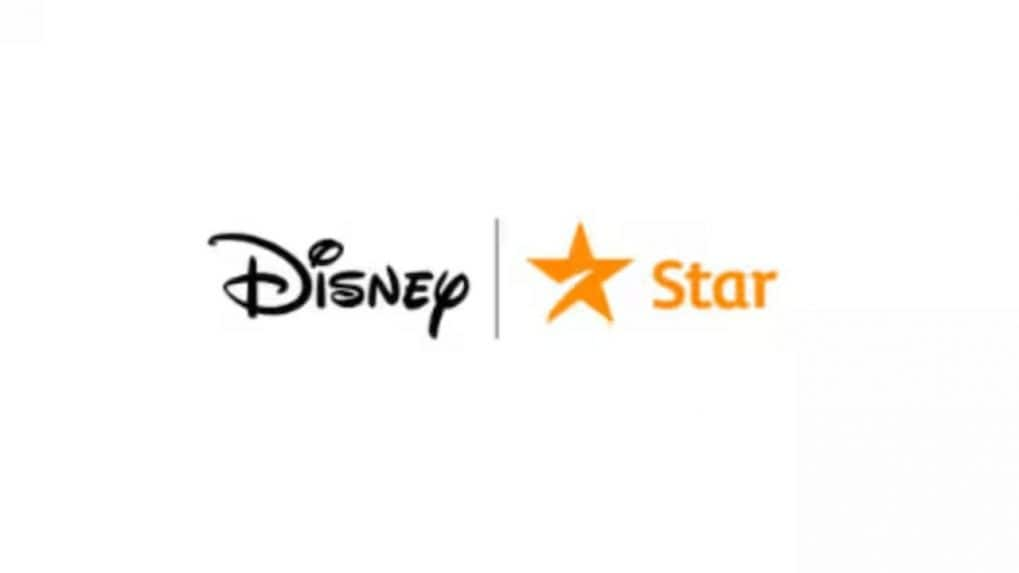Reliance-Disney merger: CCI releases 48 page order, parties agree to not bundle cricket ad slots
As part of seeking the regulator's approval, the parties have voluntarily agreed that they will not bundle TV ad slots for IPL, ICC and BCCI cricketing rights till the end of existing rights. Also, the parties will sell seven TV channels, including Hungama and Super Hungama.
ADVERTISEMENT
The Competition Commission of India (CCI) published the 48-page detailed order approving the mega media merger of Reliance Industries and Walt Disney, entailing various conditions, including divestment of seven TV channels. Reliance expects to complete merger with Disney's India business in Q3.
As part of seeking the regulator's approval, the parties have voluntarily agreed that they will not bundle TV ad slots for IPL, ICC and BCCI cricketing rights till the end of existing rights. Also, the parties will sell seven TV channels, including Hungama and Super Hungama.
Among other conditions, the companies have voluntarily agreed that they will not bundle together the TV ad slot sales for all three cricketing rights available with them — IPL, ICC and BCCI — for the remaining tenure of the existing rights.
"The parties will not bundle together OTT ad slot sales for all three cricketing rights available with the parties i.e. IPL, ICC and BCCI for the balance tenure of the existing rights," the 48-page order said.
The parties have given an undertaking that they will not increase the advertisement rates to an unreasonable level on their TV and streaming platforms for the ICC and IPL events till the current rights are held by them.
On August 28, CCI said it had approved the merger of media assets of Reliance Industries and The Walt Disney Co to create the country's largest media empire worth over ₹70,000 crore.
The deal, announced earlier this year, had faced scrutiny by the anti-trust regulator, and the approval has come after the parties proposed certain modifications to the original transaction structure.
Reliance is all set to control over 60 per cent of the new combined unit — 16 per cent directly and 47 per cent via the Viacom18 Media business it largely owns — while 37 per cent goes to Disney. The combined entity will hold two streaming services and 120 television channels. Reliance owns Viacom18 Media and Digital18, and Disney controls Star India and Star Television.


